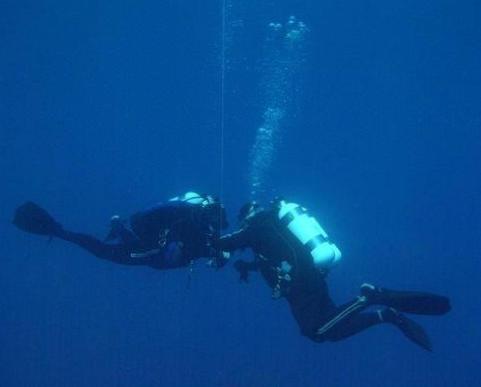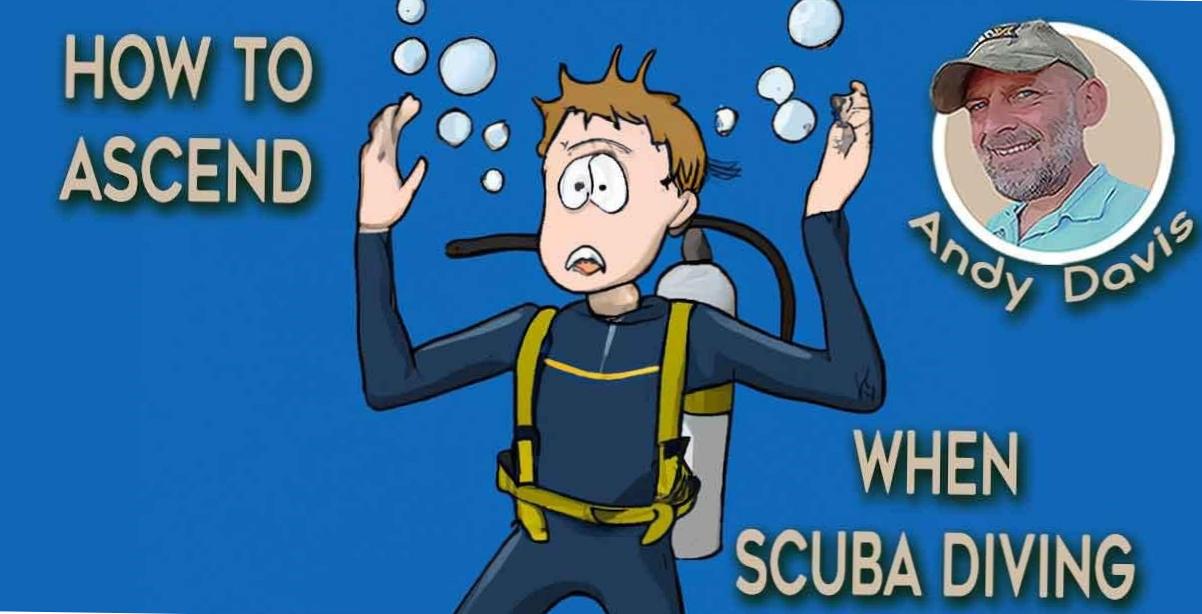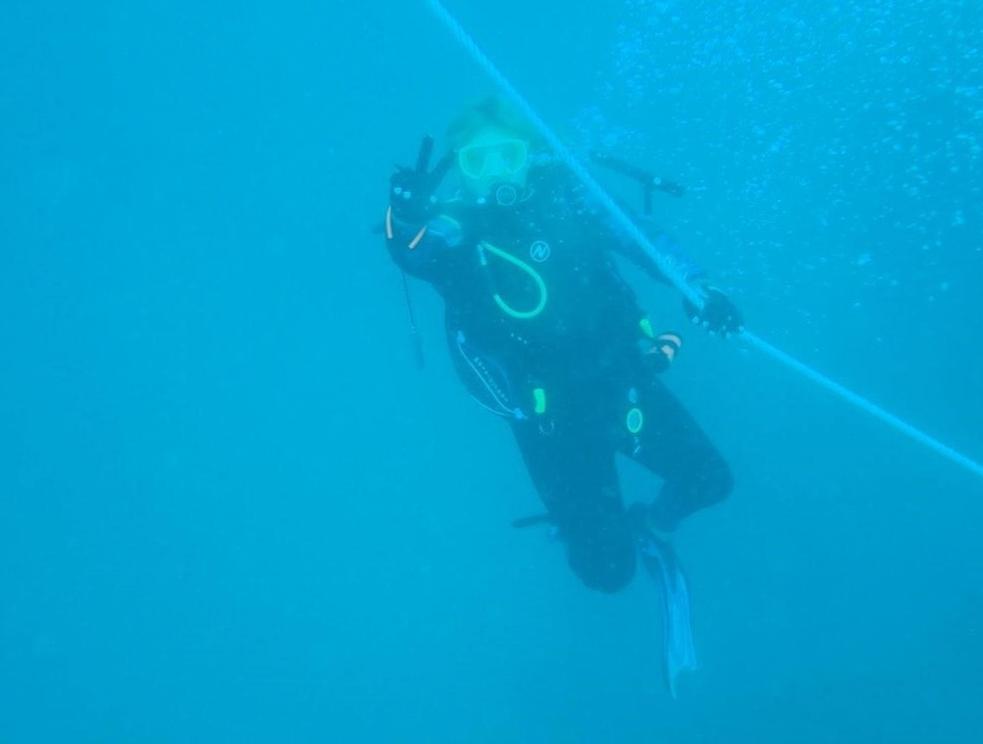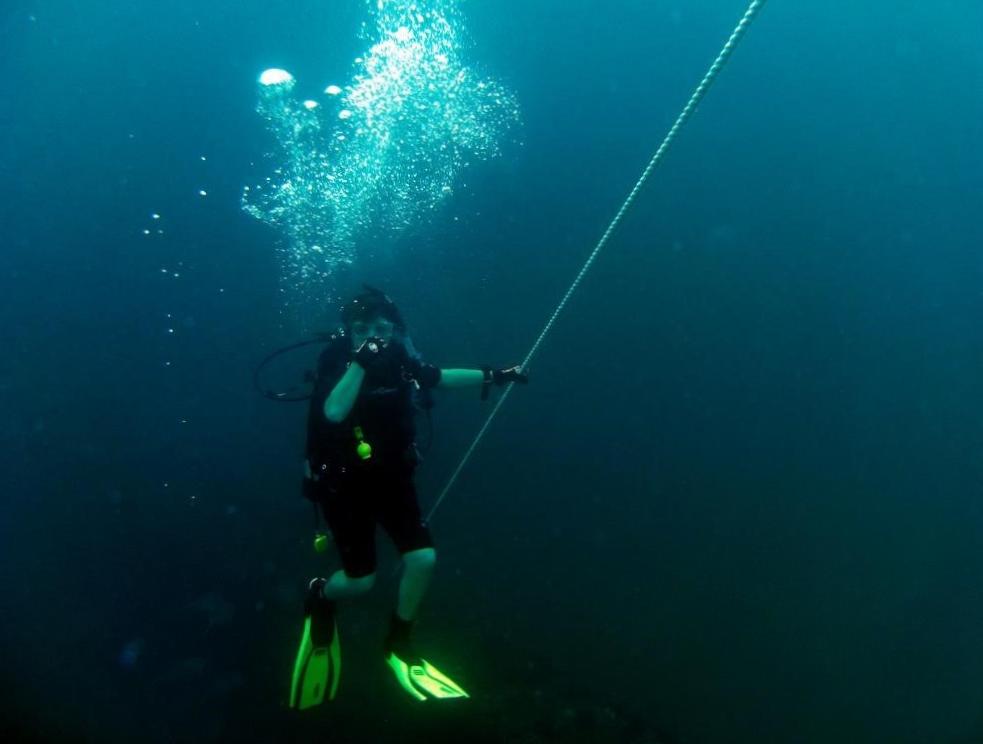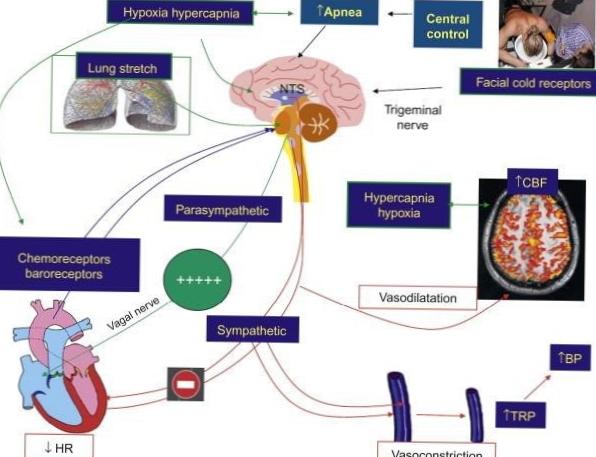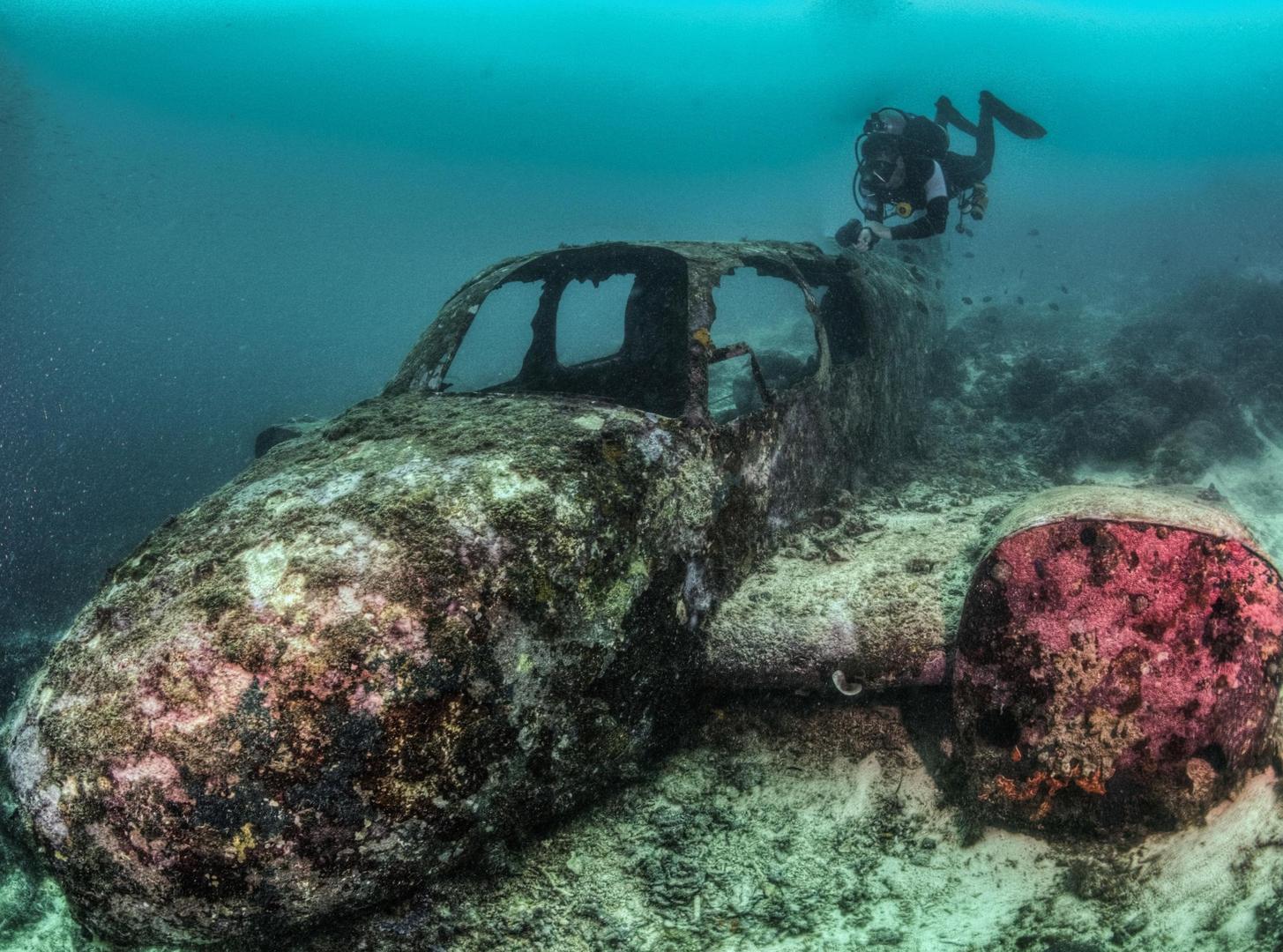Why divers ascend slowly: The crucial factors behind safe decompression
Ascending Slowly: The Vital Importance of Safety in Scuba Diving
When it comes to scuba diving, safety should always be a top priority. One crucial aspect of staying safe underwater is the proper ascent back to the surface. Ascending too quickly can have disastrous consequences, including decompression sickness, commonly known as «the bends.» Understanding the importance of ascending slowly is key to preventing this potentially life-threatening condition.
Why Divers Ascend Slowly: Understanding the Risks of Rapid Ascent
When it comes to diving, the importance of ascending slowly cannot be stressed enough. As tempting as it may be to shoot back up to the surface after an exhilarating dive, doing so can have serious and even life-threatening consequences. Rapid ascent can lead to a condition known as decompression sickness, or «the bends.» This occurs when nitrogen bubbles form in the bloodstream due to a sudden change in pressure. Symptoms can range from mild joint pain and rashes to more severe cases that involve neurological impairment or even fatality.
Why Divers Ascend Slowly: Understanding the Impact of Pressure Changes on the Body
Have you ever wondered why divers need to ascend slowly after exploring the depths of the ocean? The answer lies in the impact that pressure changes can have on the human body. As we descend deeper into the water, the pressure around us increases significantly. In fact, for every 10 meters (33 feet) we descend, the pressure doubles! This increase in pressure can compress gases in our body, particularly nitrogen, which is the main component of the air we breathe.
The Importance of Ascending Slowly: Preventing Decompression Sickness
When it comes to scuba diving, there’s one golden rule that all divers should adhere to: ascend slowly. But why is it so crucial? The answer lies in preventing a potentially dangerous condition known as decompression sickness, also known as the bends. This occurs when a diver ascends too quickly, causing the nitrogen gas absorbed by their body tissues to turn into bubbles, resulting in excruciating pain and potentially life-threatening symptoms.
Decompression sickness can occur when a diver spends a significant amount of time at depths where their body absorbs nitrogen gas from the breathing mixture. As the diver ascends, the nitrogen gas must be released safely to avoid bubble formation and subsequent injury. Ascending slowly allows the body to gradually release the excess nitrogen gas, minimizing the risk of decompression sickness.
The bends can affect any diver, regardless of their experience level, and the severity of symptoms can vary from mild joint pain and skin rashes to more severe cases involving neurological impairment or even death. Therefore, it’s essential to follow the recommended ascent rates and make safety stops during the return to the surface.
While the symptoms of decompression sickness are treatable, prevention is undoubtedly the best approach. By ascending slowly, divers give their bodies ample time to decompress and release the accumulated nitrogen gas, decreasing the likelihood of bubble formation and subsequent injury.
Remember, diving is not a race to the surface. Take your time, enjoy the wonders of the underwater world, and prioritize your safety. Ascending slowly is a simple yet crucial step that can make a world of difference in preventing decompression sickness. So, embrace the concept of «slow and steady wins the race» and ensure a safer and more enjoyable diving experience.
why divers ascend slowly

